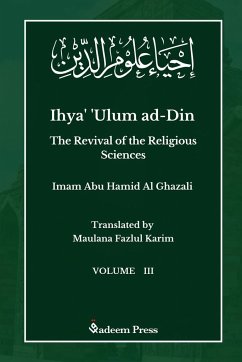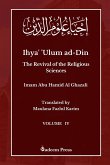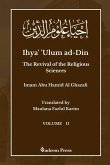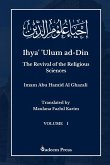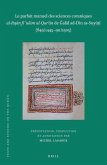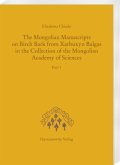In Ihya 'Ulum ad-Din (The Revival of the Religious Sciences), the author explores the spiritual depth of virtually every aspect of Islam. The book presents Imam al-Ghazali's profound insights regarding man's lifelong struggle to draw closer to Allah in a simple framework, providing the reader with a step-by-step tried and proven method for spiritual development. The result is an essential guide to improving one's relationship with both the Creator and the creation and a perfect introduction to Imam al-Ghazali's other great works. About the Author The Proof of Islam Imam Abu Hamid Müammad ibn Muhammad al-Ghazali (d. 1111)-jurist, legal theorist, logician, theologian, and mystic was a master of both the outer and inner sciences of the Shari'ah who is regarded by many as the greatest Muslim thinker to have lived after the Pious Predecessors. Credited with dealing a death blow to Aristotelian philosophy in the Muslim world and bringing authentic Islamic spirituality into the mainstream, his life and thoughts were extremely influential in shaping the spiritual values and practices of medieval society and are no less relevant today.
Hinweis: Dieser Artikel kann nur an eine deutsche Lieferadresse ausgeliefert werden.
Hinweis: Dieser Artikel kann nur an eine deutsche Lieferadresse ausgeliefert werden.

